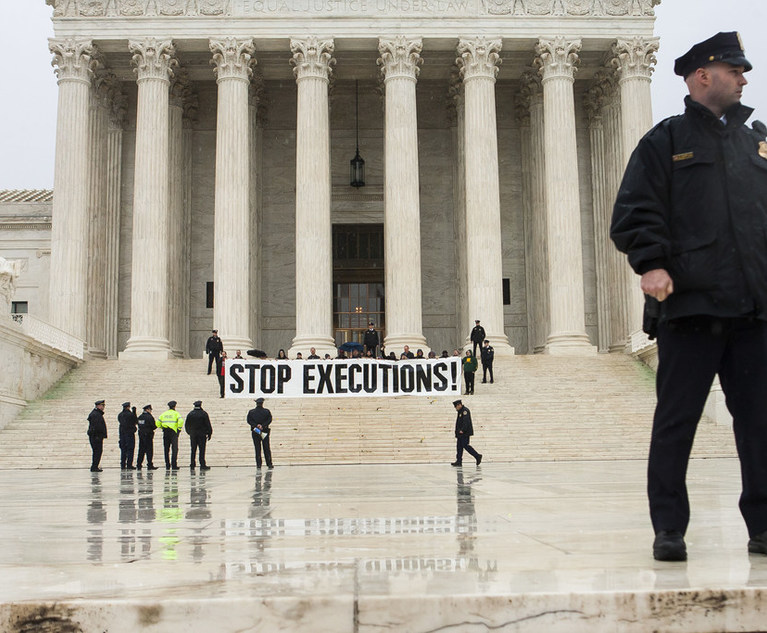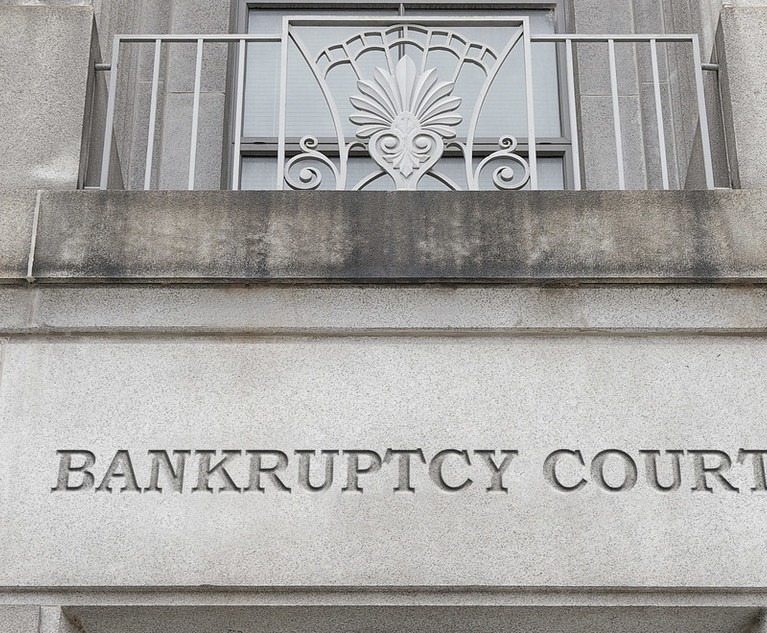The Innocence Project teaches that far too often innocent people are sentenced to death row. In some cases, a helpful “confession” by the prosecutor’s office admitting a defendant’s innocence can exonerate them before it’s too late. Prosecutors typically only do so, however, after the defense team directly confronts them with the “error.”
But what if the prosecutor’s office determines that a convicted defendant in jail may have been wrongly convicted but is actually guilty? What is their obligation then? Can they just sit on their hands and do nothing? Or, if only as a matter of legal ethics, must they try to repair the wrongful conviction by asking the courts to set it aside, even if they believe the defendant is guilty?
This content has been archived. It is available through our partners, LexisNexis® and Bloomberg Law.
To view this content, please continue to their sites.
Not a Lexis Subscriber?
Subscribe Now
Not a Bloomberg Law Subscriber?
Subscribe Now
LexisNexis® and Bloomberg Law are third party online distributors of the broad collection of current and archived versions of ALM's legal news publications. LexisNexis® and Bloomberg Law customers are able to access and use ALM's content, including content from the National Law Journal, The American Lawyer, Legaltech News, The New York Law Journal, and Corporate Counsel, as well as other sources of legal information.
For questions call 1-877-256-2472 or contact us at [email protected]


 Demonstrators, including members of the anti-death penalty Abolitionist Action Committee (AAC) and faith leaders, protest on the steps of the U.S. Supreme Court, marking the 40th anniversary of the first execution since the death penalty was reinstated, on Tuesday, January 17, 2017.
Demonstrators, including members of the anti-death penalty Abolitionist Action Committee (AAC) and faith leaders, protest on the steps of the U.S. Supreme Court, marking the 40th anniversary of the first execution since the death penalty was reinstated, on Tuesday, January 17, 2017.




